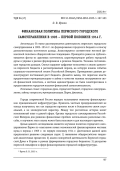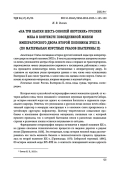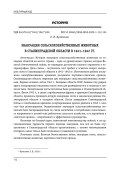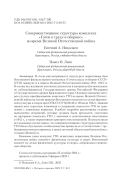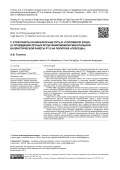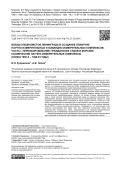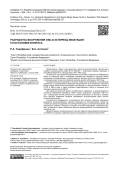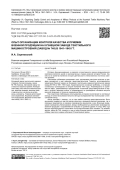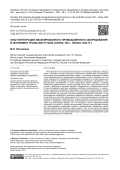В первой половине 1960-х годов Особым конструкторским бюро № 1 была создана межконтинентальная баллистическая ракета РТ-2. Применение новой ракеты в Ракетных войсках стратегического назначения (далее - РВСН) предполагалось в составе ракетного комплекса типа «Отдельный старт». Она должна была стать достойным ответом американским «Минитменам».
Для летно-конструкторских испытаний ракеты РТ-2 были созданы экспериментальная испытательная база (технические и стартовые позиции, командно-измерительный и вычислительный комплексы) и объекты инфраструктуры (дороги, мосты), подготовлены поля падений и мишенные поля, сформированы испытательные воинские части, а также подготовлен персонал.
В 1966-1968 годах были проведены летные испытания ракеты РТ-2 в составе ракетного комплекса 15П098. Несмотря на то, что по точности стрельбы и забрасываемому весу ракета РТ-2 не соответствовала американским «Минитменам», она была принята на вооружение и ее модифицированная версия находилась на боевом дежурстве до 1994 года.
Ракета РТ-2 стала первой отечественной твердотопливной межконтинентальной баллистической ракетой. Оригинальная компоновочная схема и новая система управления позволили ей «почти догнать» по характеристикам «Минитмен-2» и создали предпосылки для дальнейшей модернизации. Прекрасная шахтная пусковая установка, лучший на то время командный пункт, первые системы дистанционного управления и контроля и немногочисленный обслуживающий персонал сделали ракетный комплекс с этими ракетами одним из лучшим в РВСН на начало 1970-х годов.
Целью настоящей статьи является обобщение сведений о проведении летно-конструкторских испытаний ракеты РТ-2 на 53-м Научно-исследовательском испытательном полигоне МО СССР (г. Мирный Архангельской области). Для достижения цели работы автором использовались помимо официальных документов и технической документации сведения из архивов испытательных воинских частей и воспоминания участников событий.
